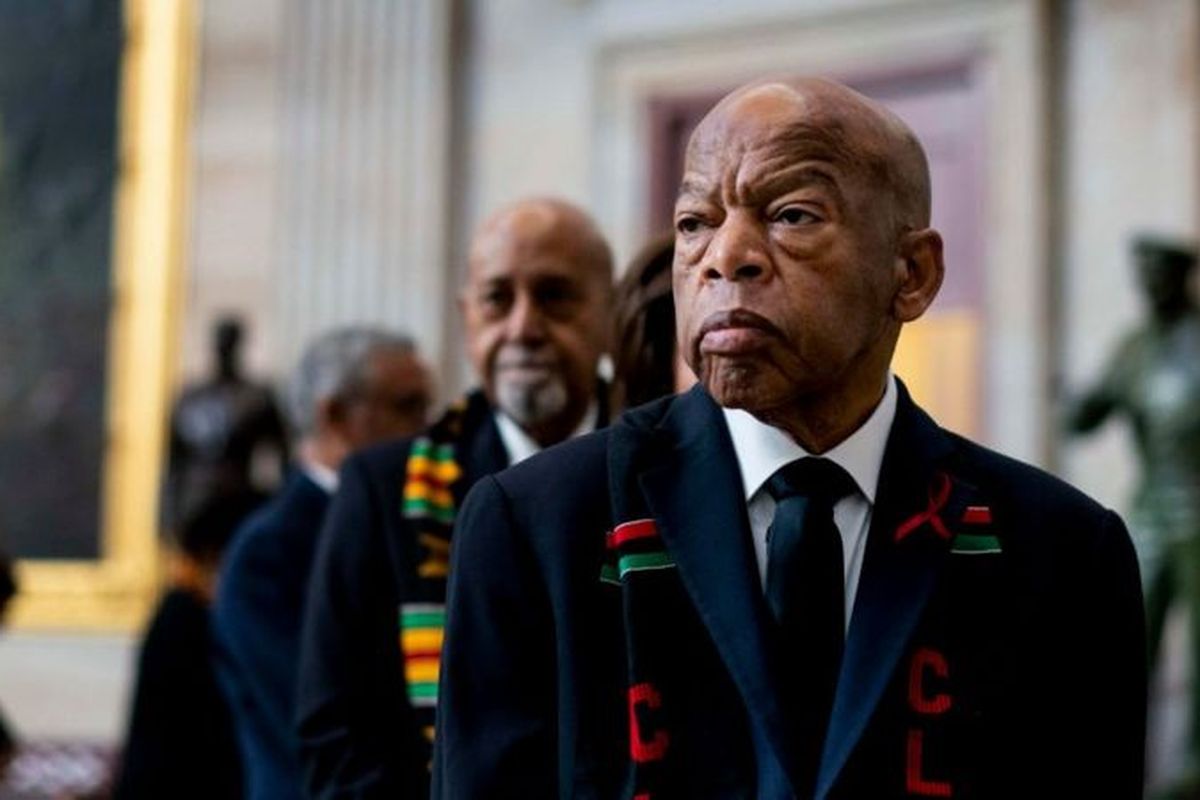Leading Figure of US Civil Rights Movement John Lewis Dead at 80

ATLANTA, KOMPAS.com – A leading figure of the US civil rights movement John Lewis passed away on Saturday at the age of 80.
John Lewis was a strong proponent of the civil rights movement who experienced a bloody beating by Alabama state troopers in 1965.
The event helped galvanize opposition to racial segregation. Since then, John Lewis had a long and celebrated career in the US Congress.
Read also: US State Department Okays Sale of 8 MV-22 Osprey Aircraft to Indonesia
House Speaker Nancy Pelosi confirmed Lewis’ passing late Friday night, calling him “one of the greatest heroes of American history.”
“All of us were humbled to call Congressman Lewis a colleague, and are heartbroken by his passing,” Pelosi said. “May his memory be an inspiration that moves us all to, in the face of injustice, make ‘good trouble, necessary trouble.’”
Bipartisan condolences for John Lewis poured in for the leader of US civil rights leaders.
Senate Majority Leader Mitch McConnell said Lewis was “a pioneering civil rights leader who put his life on the line to fight racism, promote equal rights, and bring our nation into greater alignment with its founding principles. ”
Read also: President Donald Trump Replaces Campaign Manager Ahead of US Elections
In December 2019, John Lewis announced he had advanced pancreatic cancer.
“I have never faced a fight quite like the one I have now,” he said.
The announcement of his death came just hours after the passing of the Rev. C.T. Vivian, another civil rights leader who died early Friday at 95.
Lewis was the youngest and last survivor of the Big Six civil rights activists, a group led by the Rev. Martin Luther King Jr. that had the greatest impact on the movement.
He was best known for leading some 600 protesters in the Bloody Sunday march across the Edmund Pettus Bridge in Selma.
At age 25 — walking at the head of the march with his hands tucked in the pockets of his tan overcoat — Lewis was knocked to the ground and beaten by police.
His skull was fractured, and nationally televised images of the brutality forced the country’s attention on racial oppression in the South.
Within days, King led more marches in the state, and President Lyndon Johnson soon was pressing Congress to pass the Voting Rights Act.
The bill became law later that year, removing barriers that had barred Blacks from voting.
“He loved this country so much that he risked his life and its blood so that it might live up to its promise,” President Barack Obama said after Lewis' death.
“Early on, he embraced the principles of nonviolent resistance and civil disobedience as the means to bring about real change in this country.”
Lewis joined King and four other civil rights leaders in organizing the 1963 March on Washington.
He spoke to the vast crowd just before King delivered his epochal “I Have a Dream” speech.


































